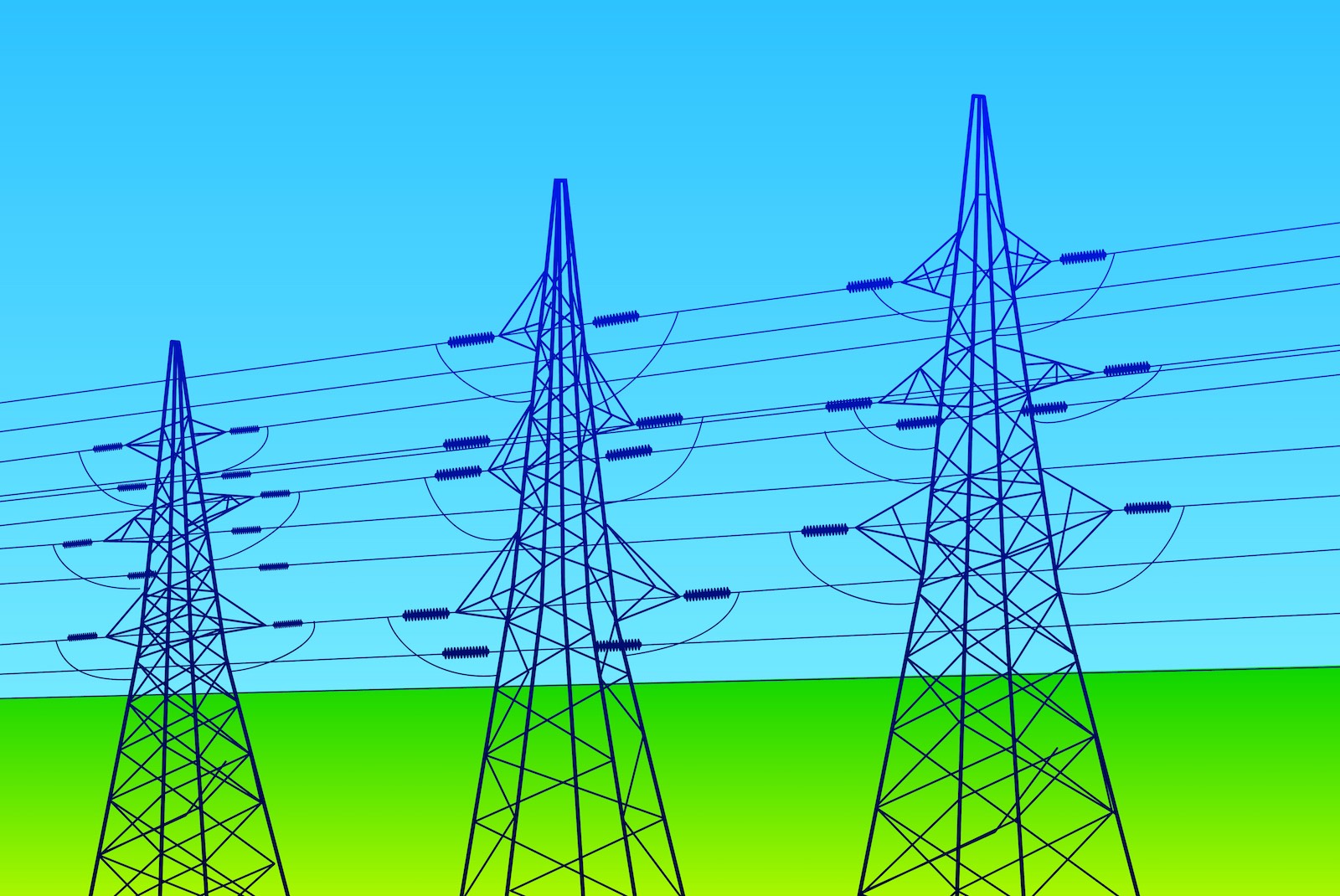This article was written by Daphne Tomlinson, Independent Senior Research Associate at Memoori.
Competition is intensifying as European utility groups challenge players from the building automation, energy services and technical facilities management sectors in offering smart building technologies, software and services.
The focus of investments is in two areas:
1. IoT solutions and software platforms for large C&I energy users.
2. Decentralized energy resources management, demand response and energy storage solutions closer to the customer.
These initiatives have been ongoing for the last three years, as utilities aim to expand their business models beyond the meter and become complete solution providers for energy management. Two of our other articles cover previous developments - The Energy Sector Continues to Invest in Smart Building to Smart Grid Interface Software and Utilities Invest in Energy Software & Services for Commercial Buildings.
Strategic partnerships and investments have recently been established by utility groups to gain greater access to the smart buildings market and join the increasing number of players providing IoT offerings for commercial and industrial buildings. For example:
- British energy group, Centrica announced a collaboration with SAP in July 2017. The partnership focuses on services, with the aim of helping commercial and industrial customers to manage assets and energy consumption based on information made available through IoT connectivity. Centrica’s Panoramic Power business is working with SAP Leonardo technologies, integrating Panoramic Power sensors and machine learning algorithms. The collaboration will explore additional benefits in energy efficiency, optimization, compliance initiatives and machine learning.
- Lemonbeat, a wholly owned subsidiary of the German energy group, Innogy, is the creator of an new universal communication protocol, Lemonbeat smart Device Language (LsDL), for the Internet of Things. The language enables the direct, independent interaction between different devices, thus reducing the reliance on costly "translation“ which usually takes place in cloud services or gateways. The company announced a partnership with Phoenix Contact in February 2017. Phoenix Contact is connecting its Emalytics IoT-based room automation controls with the Lemonbeat protocol to lower the technical complexity within building automation and potentially realize capital cost reductions of up to 30%.
- Engie, the French energy services giant, has invested in CONNIT, a French startup offering an IoT solution for connected energy, water and maintenance monitoring of buildings.
European utility groups, including Enel, Centrica, Engie and EDF are also challenging their North American counterparts by investing, partnering and acquiring businesses, which augment their service offerings on the customer side of the meter in North America. Recent North American acquisitions include:
- Enel Green Power acquired EnerNOC, a leading provider of demand response solutions and energy intelligence software in August 2017 for around $250 million. EnerNOC reported $403.9 million revenues in 2016, 83% of which were derived from their demand response business.
- Demand Energy, an intelligent control software provider, project developer and operator specialising in battery storage optimisation was acquired by the Italian utility, Enel in January 2017 to help strengthen the utility’s position in the growing distributed energy storage market.
- Engie acquired 6 Northeast US Energy Service companies in September 2017. This acquisition provides ENGIE with a platform to deliver mechanical contracting services to commercial and industrial and public sector customers in a dynamic region characterized by high energy intensity and seasonal demand, with a complementary commercial and regulatory framework that supports energy efficiency and carbon reduction.

In Europe, the major players in the energy sector are also expanding their services to C&I customers through acquisitions and investing in innovative startup companies:
- EDF has set itself the goal of doubling its turnover in energy services by 2025. The group's specialist subsidiaries including Dalkia Tiru, Citelum, Sodetrel, NetSeenergy and Groom Energy support this ambition. In June 2017, EDF Energy Services agreed to acquire Imtech UK and Ireland from Endless LLP. Imtech delivers mechanical and electrical engineering services, technical operation and management of facilities, and the integration of digital control solutions to industrial, commercial and public sector clients in the UK and Ireland. Imtech employs more than 2,100 people, generating revenues of over £400m per year.
- In August 2017, an AI start-up, Grid Edge, based in Birmingham, UK received £200,000 from Ignite, Centrica’s impact investment fund, to help it take a step closer to realizing its commercial potential. The company has developed cloud-based energy management software which uses artificial intelligence (AI) to forecast the building’s energy requirements over a four-hour period to optimise its consumption. In turn, the system can help reduce energy use in buildings by up to 25 per cent, helping to lower carbon emissions and energy bills while also improving system resilience.
As the global energy sector experiences major disruption and fundamental transformation, the opportunity for utilities to leverage smart building technologies to offer innovative services has been recognized by many firms. Further acquisitions, partnerships and innovation investments can be expected as the major energy players continue to transform their businesses.
[contact-form-7 id="3204" title="memoori-newsletter"]



